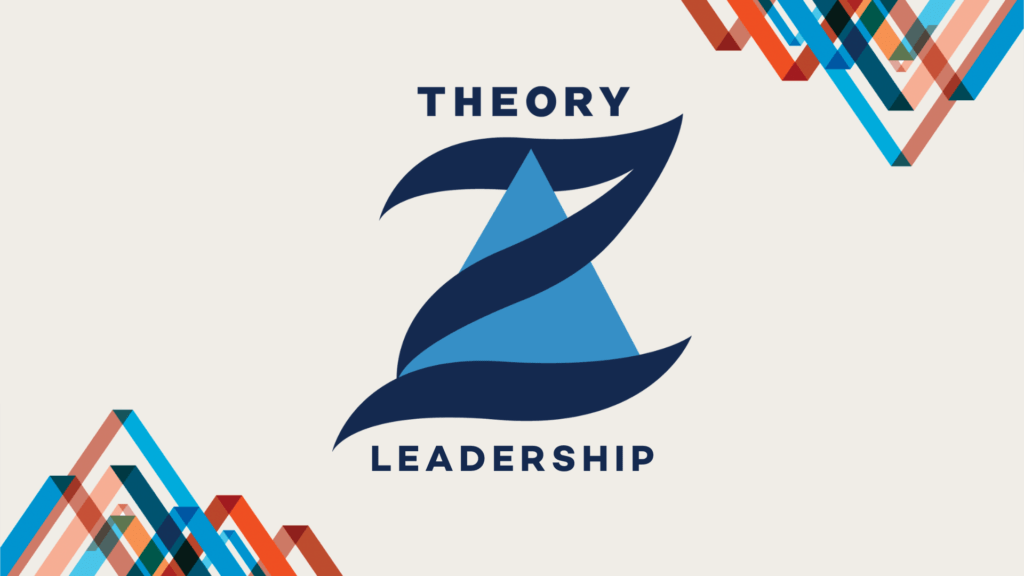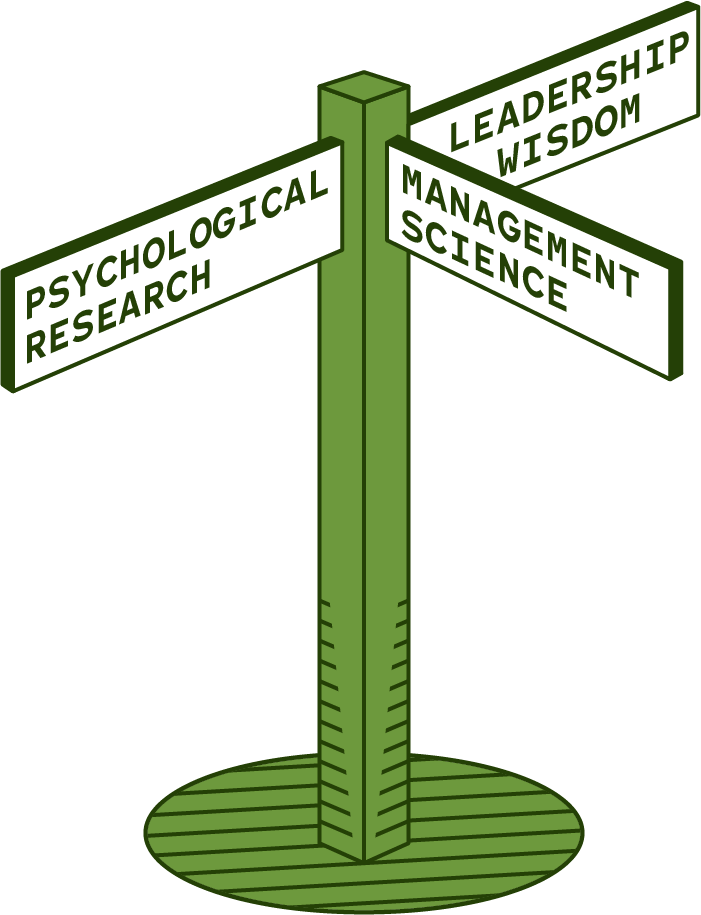
In research for my upcoming book, Modern Maslow: Timeless Wisdom for Today’s Leaders, I was captivated by Abraham Maslow’s famous motivational theory and late insights before his death. Namely, Maslow wrestled with the original concept of the hierarchy of needs and its application to the workforce. In fact, Maslow was inspired that industry was the perfect laboratory for human potential to flourish. I quickly learned that this wisdom was decades ahead of its time.
In the 1960s, an evolving thought process on the value of work in society appeared. Douglas McGregor, a management professor at the MIT Sloan School of Management, published The Human Side of Enterprise, which explores this evolution.
In his book, McGregor explains the phenomenon of Theory X and Theory Y motivations in the workplace. Theory X is an old-school, authoritarian style that assumes workers dislike their jobs and are lazy. They have little self-motivation and need strong direction from their superiors to get anything done.
Theory Y, on the other hand, aligns with Maslow’s original hierarchy in the upper echelon of self-actualization. It assumes that workers don’t need to be micromanaged, are self-directed, and are eager to participate in decision-making.
Although McGregor and Maslow had mutual respect, Maslow didn’t feel that Theory Y was aligned with his expanded hierarchy and principle of transcendence. As a result, Maslow created Theory Z in his final years of life.
Theory Z applies to leaders who transcend the ego. “Maslow proposed that transcenders are metamotivated by higher ideals and values that go beyond the satisfaction of basic needs and the fulfillment of one’s unique self,” wrote Scott Barry Kaufman in his book Transcend. Deborah Stephens and Gary Heil summed up the idea of Theory Z leadership in Maslow on Management. “The higher needs were reflected in job advertisements that noted friendly coworkers, pleasant surroundings, responsibility, freedom, and autonomy, a chance to put one’s ideas into action, a company of which one can be proud, a chance to make a difference.”
They continued that “Theory Z presupposed that people, once having reached a level of economic security, would strive for a life steeped in values, a work life where the person could create and produce. Although Maslow died before finishing his work with Theory Z, we see evidence today that his theory was several decades ahead of its time.”
Though Maslow never fully finished this idea of leadership in the
workplace, it inspires us to see our work lives as a place for connection,
creation, and fulfillment beyond ourselves. This newsletter is inspired to carry on that vision from Abraham Maslow, as leaders of today are presented with unprecedented challenges and opportunities on the global stage. Now, more than ever, transcendent leaders are needed to accelerate ideas on a global stage.
Do you want to join the Theory Z community? Head over to HTTP://www.brianmcgee.net and sign up for the newsletter. As a thank you, I’ll provide a free recommended reading list for you. As President Harry S Truman would say, “Not all readers are leaders. But all leaders are readers.” The Theory Z community will explore the intersection of psychological research, management science, and leadership wisdom.

